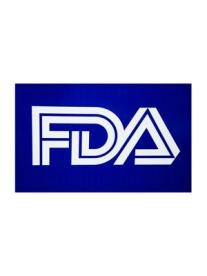The FDA announced on December 17 that it would participate in the operational phase of the Medical Device Single Audit Program (MDSAP), starting January 1, 2017. The FDA currently participates in the ongoing MDSAP pilot program, scheduled to run until the end of 2016.
The MDSA Program was created by the International Medical Device Regulators Forum, a consortium of nine medical device regulators from around the world, in an attempt to streamline their inspection operations. Five regulators currently participate in the MDSAP pilot program: the US FDA, Health Canada, Japan’s PMDA, Brazil’s ANVISA, and Australia’s TGA. The MDSAP program is designed to harmonize the quality management system regulations and requirements for these five regulatory jurisdictions into one comprehensive audit, depending on the jurisdictions in which the audited establishment needs to be certified. Used at full strength, the program allows an establishment to undergo one scheduled audit that covers the quality management system requirements for all five jurisdictions at once instead of many inspections from the different regulators. If the establishment doesn’t send products to all five countries, then the MDSAP audit can be customized to only include the jurisdictions to which it does sell products.
The MDSAP program presents both pros and cons to the medical device industry, and an establishment should carefully weigh is options before submitting to an MDSAP audit. First, combining audits is a clear money- and resource-saver for medical device manufacturers, especially larger ones and ones that sell products around the world and that undergo lengthy inspections as a result of their size and operations. However, MDSAP’s requirement to include all jurisdictions in the audit in which the establishment’s products are sold brings questions of what exactly the different regulators will look at in the reports, especially if an establishment has different products for different countries.
One point that should make the decision easier for some establishments is Health Canada’s announcement that it will wind down its CMDCAS (Canadian Medical Devices Conformity Assessment System) program over the next couple years, and will only accept MDSAP certificates starting on January 1, 2019. In its notice, Health Canada stated that its “ . . . transition to MDSAP is an attempt to align with the transition period for the revised version of ISO 13485 . . .” which may be published in early 2016. As a result, product submissions and establishment registrations for Canada would have to be accompanied by an MDSAP certificate instead of a CMDCAS certificate.





 i
i


